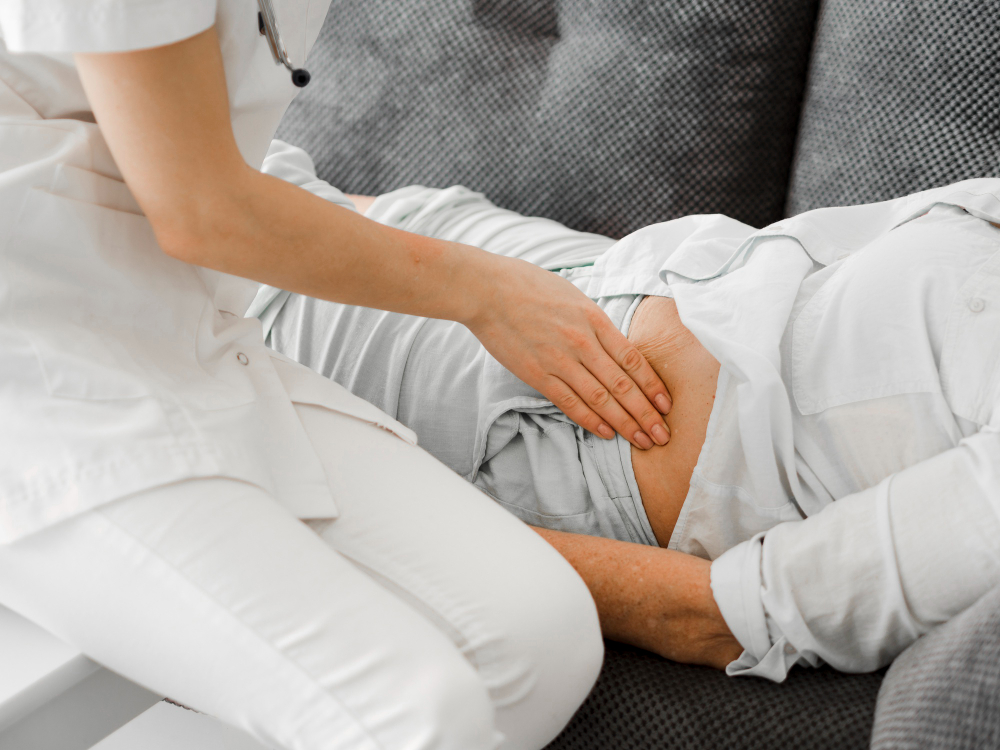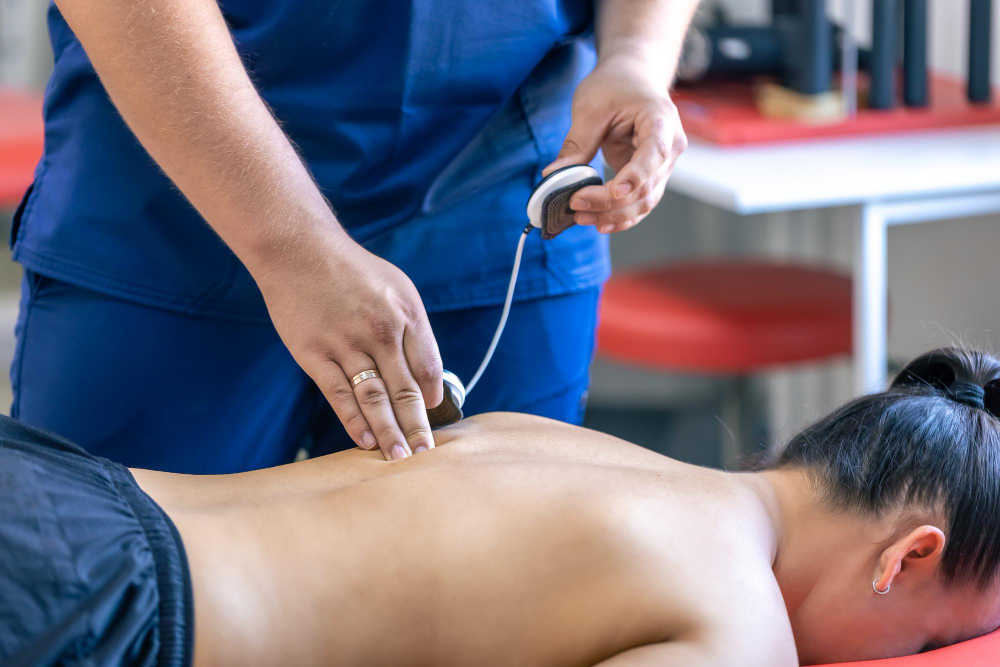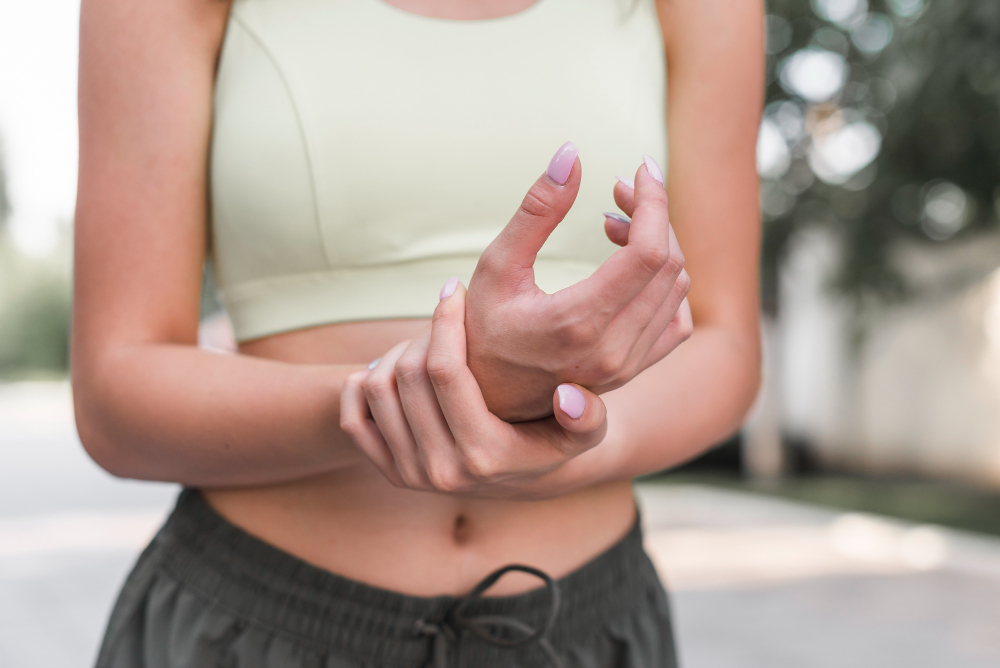It is really no surprise that pregnant women get back pain, especially during the early stages of a pregnancy. Your shape and centre of gravity will be changing, and your amazing body is adapting in preparation for giving birth. Research has shown that lower back pain in pregnancy is a very common problem:
During pregnancy, the incidence of back pain is reported by 50–80% of women. One-third of pregnant women claim that low back pain is a significant problem. In a study 61.8% of women who reported low back pain during pregnancy claimed the pain was at least moderately severe, 9% claimed they were completely disabled by pain.
If you are suffering with your back, you are not alone. The good news is, there are plenty of things you can do to reduce and avoid the pain.
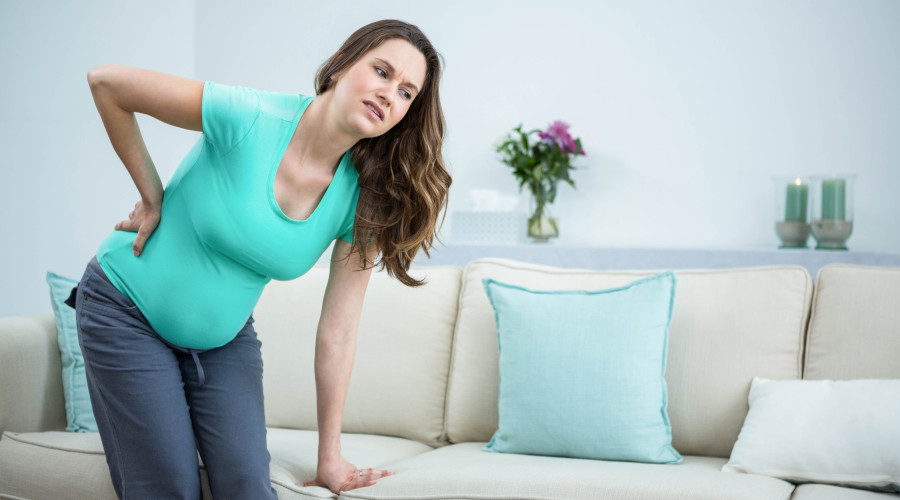
Causes of back pain in pregnancy
As in all cases of back pain, issues arising in pregnancy can have many causes. The five most likely causes are:
1. Weight gain
The NHS suggests that “most pregnant women gain between 10kg and 12.5kg (22lb to 26lb), putting on most of the weight after week 20.” That is a lot of weight for your spine to support and unless you have been doing some strengthening exercises, your existing muscles and joints may struggle to cope.
2. Changes in posture and centre of gravity
The additional weight that comes with pregnancy is to the front of your body, which can cause your spine to curve more than usual. You will naturally adjust your posture to adapt, however this can cause back problems. Learning how to adapt your posture can quickly bring relief.
3. Changes in your hormone balance
During pregnancy the hormone Relaxin is produced by the ovary and placenta. It helps to relax ligaments and joints in the pelvic area. A common side effect is the relaxing of the ligaments that support the spine, which can cause back instability and pain.
4. Weaker abdominal muscles
The expansion of the uterus has a secondary effect of weakening the abdominal muscles. In turn, this forces other muscles to do more work to support the spine. Additionally, the growth of the uterus can be an issue if it presses on a nerve.
5. Stress
This is a common cause of back pain for many people and is caused by muscle tension in your neck and back. The good news is there are very effective remedies for such pain, more of which later.
Who is most at risk?
Whilst everyone can suffer from back pain in pregnancy, some are more at risk than others. Higher risk factors include those who have a more sedentary lifestyle, for example people with desk-based jobs. People who are not very flexible, or perhaps have weaker glutes and abdominal muscles are more at risk. The higher your BMI (Body Mass Index) the more work your back muscles have to do and the greater the impact on them during pregnancy. For a similar reason, having twins can put you at higher risk of back issues.
Perhaps one of the biggest risk factors is for those women who have previously suffered back pain outside of pregnancy. This is commonly fully resolved through physiotherapy and a series of flexibility and strengthening exercises. However, if these exercises are not continued once the immediate issue has been resolved, the supporting muscles can weaken again, and the back and spine put at risk of a recurrence of the original pain.
Tips for avoiding and easing back pain in pregnancy
Whether you are trying to ease the pain of a back issue, or avoid getting a recurrence, there are some practical things you can do.
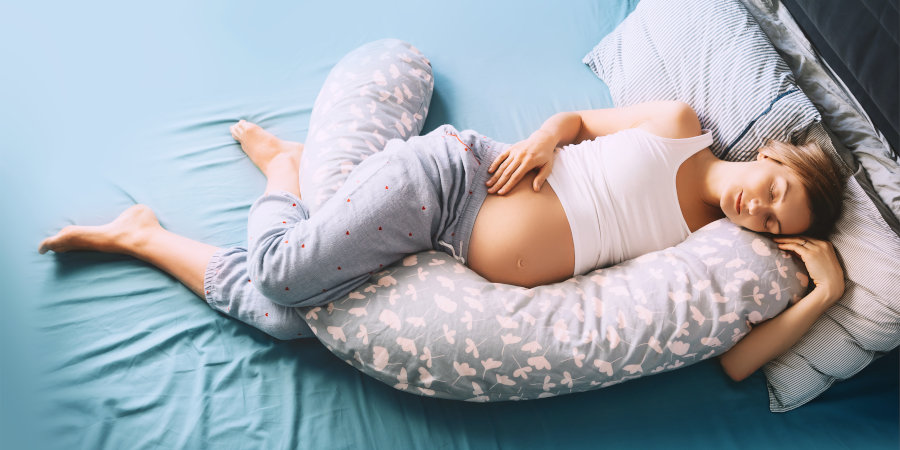
1. Maintain a good posture
Maintaining good posture will help your spine compensate for the inevitable shift in your centre of gravity. Stand and walk as straight and tall as possible. Avoid stooping by keeping your chin high and keeping your shoulders back and relaxed. It may feel odd at first, but you will soon get used to it and your back will thank you.
2. Wear the right footwear
The right footwear can help. Avoid heels and indeed completely flat shoes. A small heel with a shaped insole (arch support) will help maintain the best posture.
3. Careful when lifting
When lifting items, bend your legs and keep your back as straight as possible. Slightly clenching your abdominal muscles will help them take some of the strain. Avoid bending from the waist. Move slowly and carefully, giving your muscles and spine time to react and move together.
4. Try using a support pillow
A good support pillow can work wonders when sitting in bed. Sleep on your side too, with your legs slightly bent. This is often the most comfortable position if you are suffering from back pain. A harder mattress will give you more support than a very soft one.
5. Back or neck massage
A back or neck massage from a supportive partner can help increase blood flow to muscles and help increase movement. Heat packs or hot (warm) water bottles can be substituted if a supportive partner is not available! A good neck or back massage will help reduce overall stress too.
6. Keep moving
Walking (with the correct posture!) and swimming are great for strengthening your back and helping with any pain. Pilates has many useful exercises for gently stretching and strengthening your back and supporting muscle groups. Slowly increase the amount of exercise you do, especially if this is new to your daily routine. Stop if pain increases, but do expect some feedback from your muscles as they get used to the new exercises. Remember to warm up and cool down correctly.
7. Acupuncture
Finally, research suggests that “Acupuncture seems to be safe and effective for pain relief in lower back pain, pelvic pain, or both during the second and third trimesters of pregnancy.” Osteopathic treatment may help as well. Always be sure to use a professional and advise them that you are pregnant, so they can provide the best treatment.
When to call your doctor
In most cases, mild aches and pains in your back will not need medical intervention. However, there are some situations where it would be a good idea to seek professional advice. If you experience any of the following symptoms, or you have any concerns about the pain, you should contact your midwife or GP.
- Severe pain, or pain that lasts for more than two weeks.
- Pain that starts and finishes abruptly.
- Pins and needles in your fingers or toes
- Back pain in the second or third trimester, as this could be a sign of an early labour.
- Any fever, bleeding from your vagina or pain when you wee.
- Pain in one or more of your sides, under your ribs.
In extreme cases, where you lose feeling in one or both of your legs, your bum, or your genitals, the NHS advises you to call 999 or go to A&E.
How can Carl Todd Clinics help?
Back pain in pregnancy is very common, and the hints and tips we have given are often all that is required to resolve any issues quickly. When professional support is required, we have a team of qualified osteopaths, physiotherapists, and acupuncturists that may be able to help. Feel free to get in touch for a no-obligation discussion to see if we can help.
The team wishes you the very best of luck for your pregnancy and forthcoming birth.


